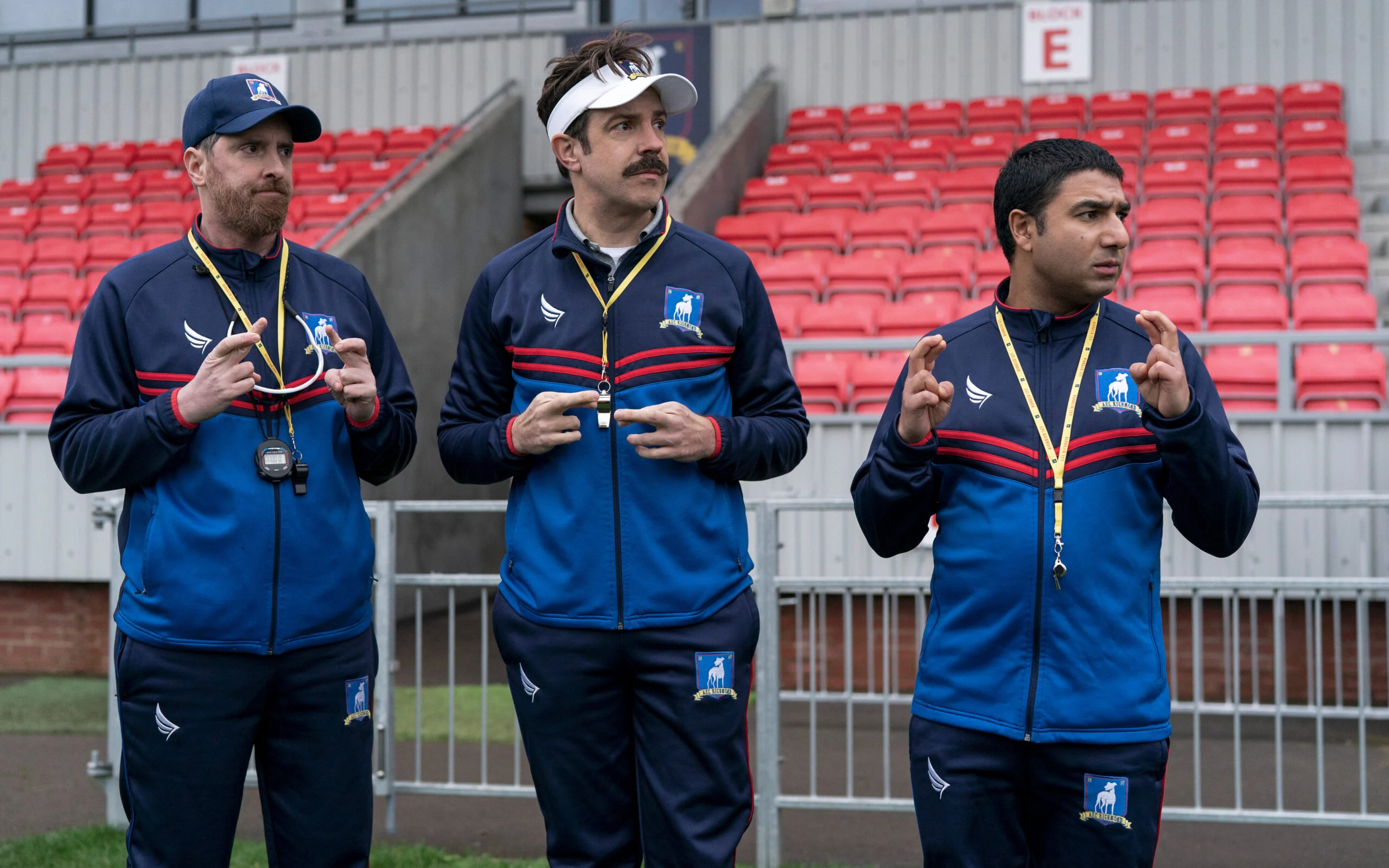A recent episode of the Best of Both Worlds podcast took a Q&A question about engaging with career coaches. The hosts took a very skeptical view of most coaches and recommended that the listener proceed with caution. Despite my title here, I wholeheartedly agree with this advice. It isn’t easy to differentiate before meeting between a coach who can help you and one who will be a waste of your time and money.
But…I have also worked with coaches who have helped me achieve significant positive change in my life. Don’t give up on coaching just because it is difficult to separate the sages from the charlatans. Here are some questions to ask to help you figure out if a coach is right for you.
First, start with yourself. It doesn’t matter if you find the best coach in the world if you’re not in a space where you are open to receiving their coaching. It helps to have a specific goal or problem in mind to start with. If you aren’t stuck somewhere, you may not be giving a coach much to work with. That being said, sometimes we don’t realize that we are stuck or how our actions are getting in our own way. So, a general sense of unease or dissatisfaction may be enough to start peeling away the layers of the onion. It helps if you can take immediate action from your coaching session, but that may not always be possible. If you can’t take action right away, but you are ready to change, coaching can still be valuable. Make sure you take notes and plan your actions into your future schedule.
Realize that coaches are people with individual personalities, just like you. In the same way, you might not connect with any other given person, you might not connect with an individual coach. This doesn’t necessarily mean anything about that coach’s abilities, it might just not be the right match for you. This matching process can be tricky. It might take a few sessions to feel each other out. While you want to give it time, you don’t want to waste your time. Leverage recommendations from people who know you if you can. If you have access to coaching programs through your work, take advantage of them. Even finding out the type of coaching that doesn’t work for you is a valuable discovery.
Ultimately, getting the most from coaching comes down to your ability to trust both the coach and the process. Taking some training on how to coach others can help you improve your own coachability. When I first started working with a coach, I had to learn to trust the process of coaching before I could even start to put my trust in the coach themself.
So, be rightfully wary. Also know that the right coach (or combination of coaches) can help you better understand yourself, understand your challenges, and define a clearer path forward. I have been very fortunate to work with coaches who have helped me live a happier and more productive life. That outcome is well worth the effort.
